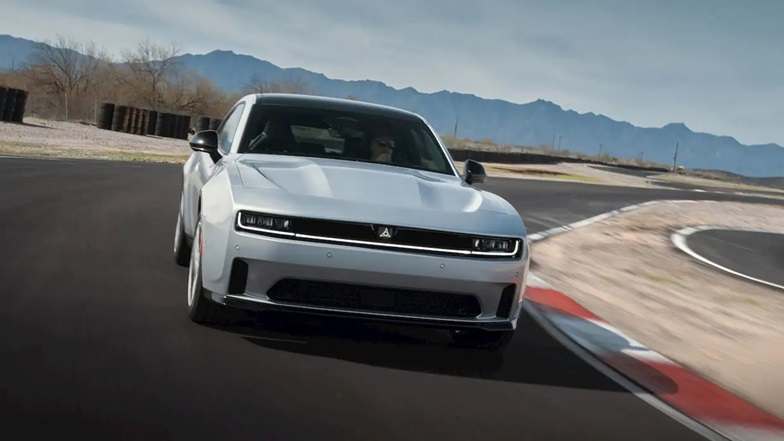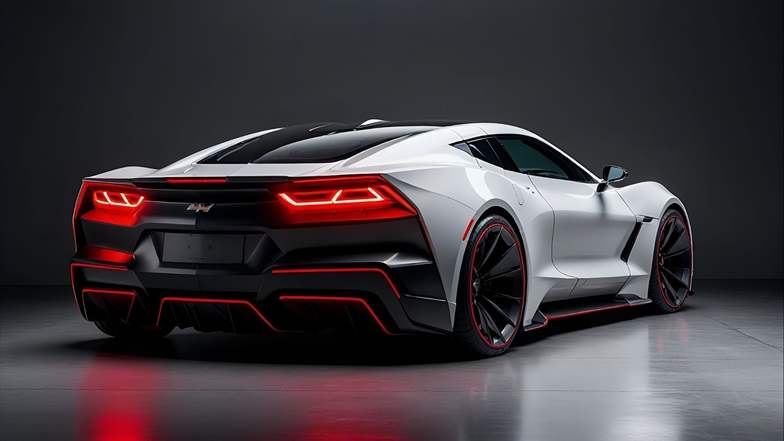In recent developments, Italy is urging the European Union to reconsider or delay its planned ban on internal combustion car sales by 2035. According to Italy’s far-right government, this move could have disastrous effects, leading to a collapse of its iconic automotive industry, which includes legendary brands like Fiat, Maserati, and Ferrari.

The 2035 Ban: What’s at Stake?
The European Union is set to implement a ban on the sale of internal combustion engine (ICE) cars starting in 2035, meaning all cars sold after that year must be zero-emission. This shift aims to reduce carbon emissions and accelerate the transition to electric and hydrogen vehicles. While this plan is bold and environmentally driven, Italy’s Energy Minister, Gilberto Pichetto Fratin, calls it “absurd,” claiming it could have severe consequences for the country’s economy and automotive sector.
Italy’s Concerns: A Looming Industry Collapse?
Italy’s government argues that enforcing the 2035 ban would be too harsh on consumers and manufacturers. The ban not only eliminates traditional gas and diesel cars but also plug-in hybrids and hybrids, leaving electric and hydrogen vehicles as the only alternatives. However, Italy’s auto sector isn’t fully prepared for such a drastic shift. Companies like Fiat, Maserati, and Ferrari, although renowned globally, are not seen as leaders in the electric vehicle (EV) space. While they have made some strides—such as Fiat’s 500e and Maserati’s GranTurismo Folgore—the transition to a fully electric future could be a struggle, especially when competing against Chinese and other EU manufacturers, notably from Germany.
Germany’s Challenge: A Tough Road Ahead Too
Germany’s automakers have faced their own challenges transitioning to electric. Volkswagen, Mercedes, and BMW have all encountered difficulties, with Volkswagen seeing significant struggles and Mercedes pivoting away from its poorly received EQ line. Yet, despite these obstacles, Germany’s automakers have made more substantial investments in the EV market than their Italian counterparts, which gives them a better footing to navigate the transition.
However, even these well-established brands are feeling the pressure. As sales for EVs haven’t met expectations across Europe, and as factory closures and declining profits plague the industry, Italy’s call for a pause on the combustion engine ban may now find more sympathetic ears among EU decision-makers.
Key Points to Understand:
- 2035 Ban Overview: The European Union plans to ban the sale of all internal combustion engine cars by 2035 to achieve zero-emission goals.
- Italy’s Argument: Italy’s government believes this ban will cause significant harm to its automotive industry, calling it “absurd” and urging the EU to review, delay, or cancel the mandate.
- Automotive Sector Impact: Italy’s famous car brands like Fiat, Maserati, and Ferrari are not perceived as EV leaders and may struggle to adapt to the changing market.
- German Manufacturers’ Struggles: Even Germany’s top carmakers like Volkswagen and Mercedes are finding the EV transition challenging, making the Italian government’s concerns more relatable to the broader EU market.
Italy vs. Germany in the EV Market
| Aspect | Italy’s Auto Industry | Germany’s Auto Industry |
|---|---|---|
| EV Market Strength | Weaker EV presence, mainly from Fiat and Maserati | More experience and investments in EVs |
| Consumer Perception | Ferrari, Maserati, and Fiat not seen as EV leaders | BMW, Mercedes, and Volkswagen have EV options but face challenges |
| Competitiveness | Facing competition from Chinese and German EV makers | Leading EU EV manufacturers, but struggling |
| Transition Readiness | Unprepared for full shift to electric by 2035 | More prepared but still facing difficulties |
What Could Happen Next?
Italy’s request to delay the 2035 ban could spark broader discussions within the European Union. The automotive market across Europe is already grappling with underwhelming demand for EVs, and the idea of enforcing stricter zero-emission policies might become more contentious. As the global market for internal combustion vehicles persists, particularly in the U.S., Italian automakers could find themselves caught between an ambitious EU mandate and the reality of consumer demand.
Whether you’re an advocate for stringent climate policies or believe automakers should have more flexibility, this debate will have lasting effects on the future of the car industry in Europe. How quickly can automakers adapt to electrification? Will countries like Italy manage to protect their automotive legacy? The answers to these questions will shape the next decade of car manufacturing.
A Race Against Time
With Italy pushing back, the European Union’s 2035 ban on internal combustion cars has become a hot-button issue. The challenge now is balancing environmental goals with the economic realities of nations whose auto industries are deeply rooted in traditional manufacturing. As more countries weigh in on the debate, the future of Europe’s automotive sector remains uncertain.
PEOPLE WHO READ THIS, ALSO READ




